
10 Symptoms of Kidney Disease
10 Warning Signs of Kidney Disease You Should Never Ignore
Kidney disease affects millions of people worldwide, often progressing silently until it reaches an advanced stage. Because the kidneys are responsible for filtering waste, balancing fluids, producing hormones, and regulating blood pressure, any disruption to their function can have serious consequences. Detecting problems early can make all the difference in avoiding life-threatening complications.
The Vital Role of Your Kidneys
Your kidneys, located just below the ribcage on either side of the spine, are small but powerful organs. Together, they filter 120–150 quarts of blood every single day, producing about 1–2 quarts of urine. Beyond waste removal, they also:
-
Help control blood pressure by regulating fluid balance.
-
Stimulate red blood cell production.
-
Maintain healthy levels of electrolytes like sodium, potassium, and calcium.
-
Support bone health by activating vitamin D.
When kidneys are damaged, their ability to perform these vital tasks is reduced, leading to a dangerous buildup of waste products in the body.
What Causes Kidney Disease?
Kidney disease develops gradually when the organs are damaged and can no longer function properly. Some of the most common causes include:
-
High blood pressure – puts constant strain on the kidneys.
-
Diabetes – high blood sugar levels damage delicate kidney structures.
-
Infections – repeated urinary tract infections (UTIs) can cause scarring.
-
Genetics – inherited conditions like polycystic kidney disease.
If left untreated, chronic kidney disease can progress to kidney failure, requiring dialysis or even a transplant. That’s why spotting symptoms early is so important.
10 Warning Signs of Kidney Disease
-
Changes in Urination
Going more often—or less often—than usual, foamy or bubbly urine, and blood in the urine are early warning signs. -
Persistent Fatigue and Weakness
Kidneys help produce red blood cells. When they fail, oxygen levels drop, leaving you exhausted and weak. -
Swelling (Edema)
Fluid retention can cause swelling in the feet, ankles, hands, face, or abdomen. -
Ongoing Back Pain
A dull ache or sharp pain below the ribcage may indicate a kidney infection or kidney stones. -
Unexplained Weight Loss or Loss of Appetite
When toxins build up, food may lose its appeal, leading to weight loss. -
Nausea and Vomiting
Especially common in the morning, these symptoms often result from waste accumulation in the bloodstream. -
Difficulty Sleeping
Restless legs, frequent nighttime urination, and muscle cramps can disrupt rest. -
Metallic Taste in the Mouth
Toxin buildup may leave a persistent metallic taste or bad breath, sometimes called “uremic breath.” -
Muscle Cramps and Twitching
Electrolyte imbalances caused by failing kidneys may trigger cramps, spasms, or twitching. -
Itchy Skin
Dry, itchy skin can signal mineral imbalances and the buildup of toxins in the blood.
How to Protect Your Kidneys
The good news: kidney disease can often be slowed—or even prevented—with healthy habits.
-
Eat a balanced diet rich in fruits, vegetables, and lean proteins.
-
Stay active with regular exercise.
-
Drink plenty of water to support kidney function.
-
Limit alcohol and avoid smoking.
-
Manage blood pressure and blood sugar if you’re at risk.
-
Use medications responsibly, following doctor’s instructions.
-
Get regular kidney tests if you have risk factors such as diabetes, high blood pressure, or a family history of kidney disease.
Final Thought
Kidney disease is often called a “silent killer” because symptoms can be subtle at first. Paying attention to these 10 early warning signs could save your health—or even your life. By adopting a kidney-friendly lifestyle and seeking medical advice when symptoms arise, you can protect these vital organs and enjoy better long-term health.
News in the same category


Medicinal Health Benefits of Turmeric, Curcumin and Turmeric Tea Based on Science
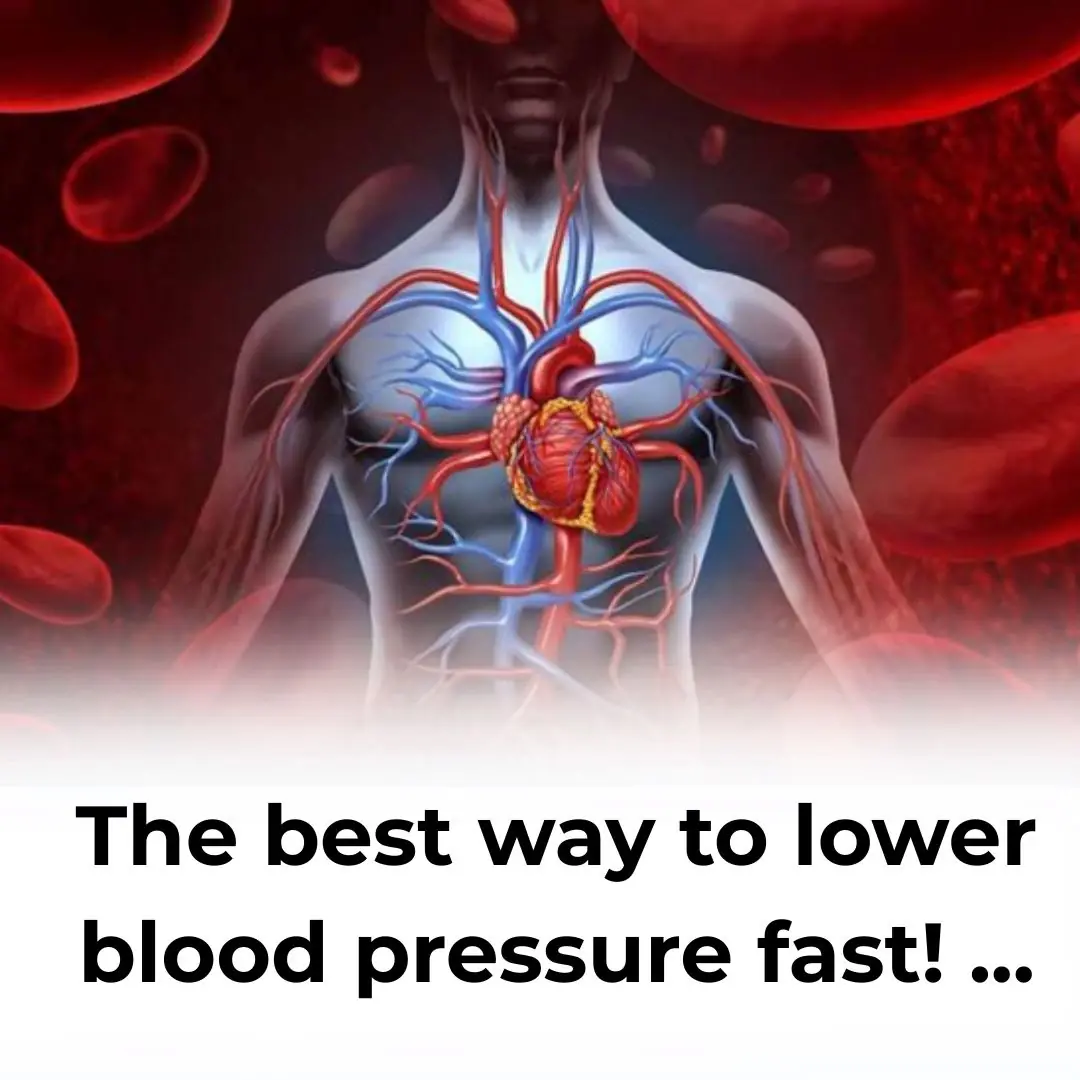
The best way to lower blood pressure fast!
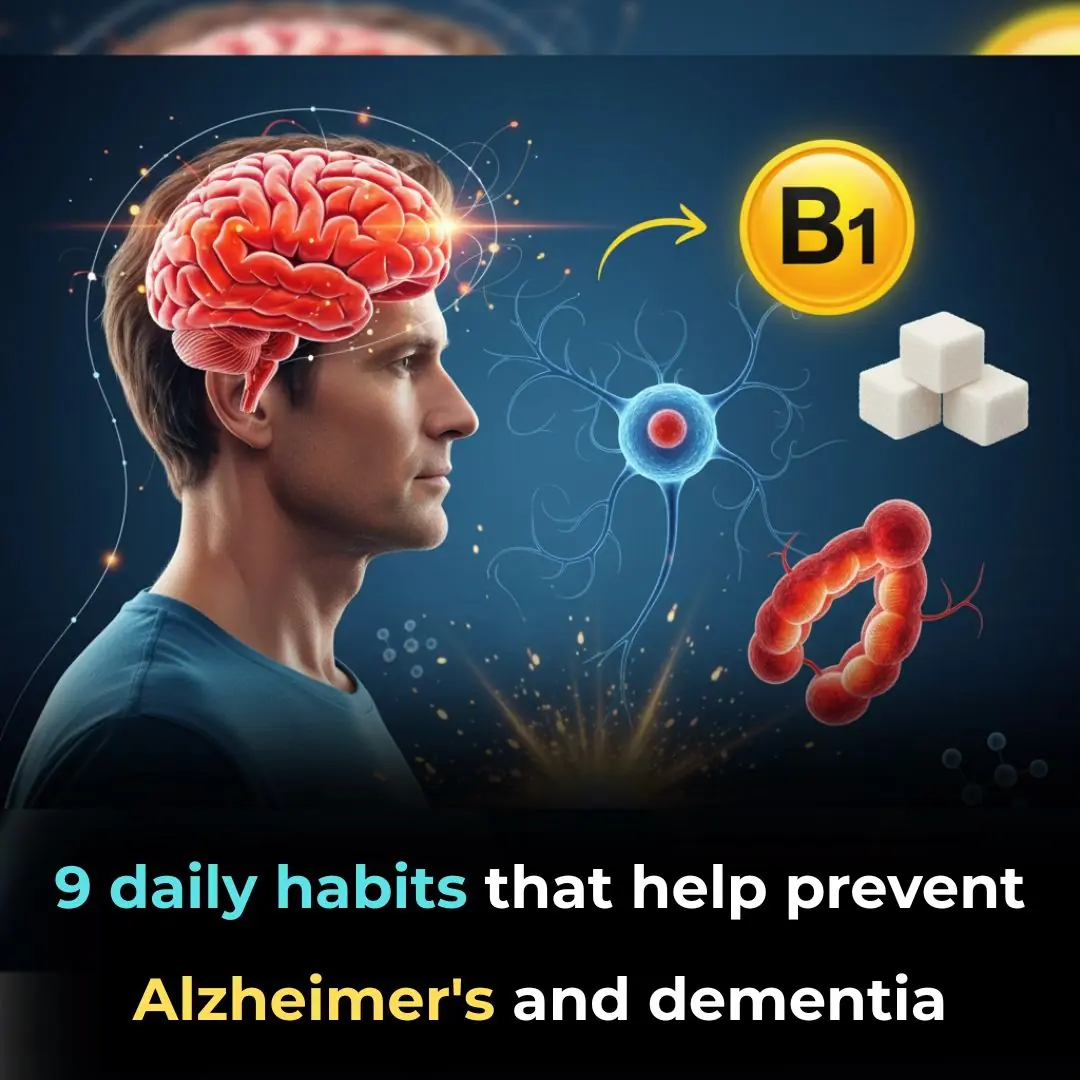
9 Habits You Need To Adopt Today To Stop Alzheimer’s or Dementia Before It Starts
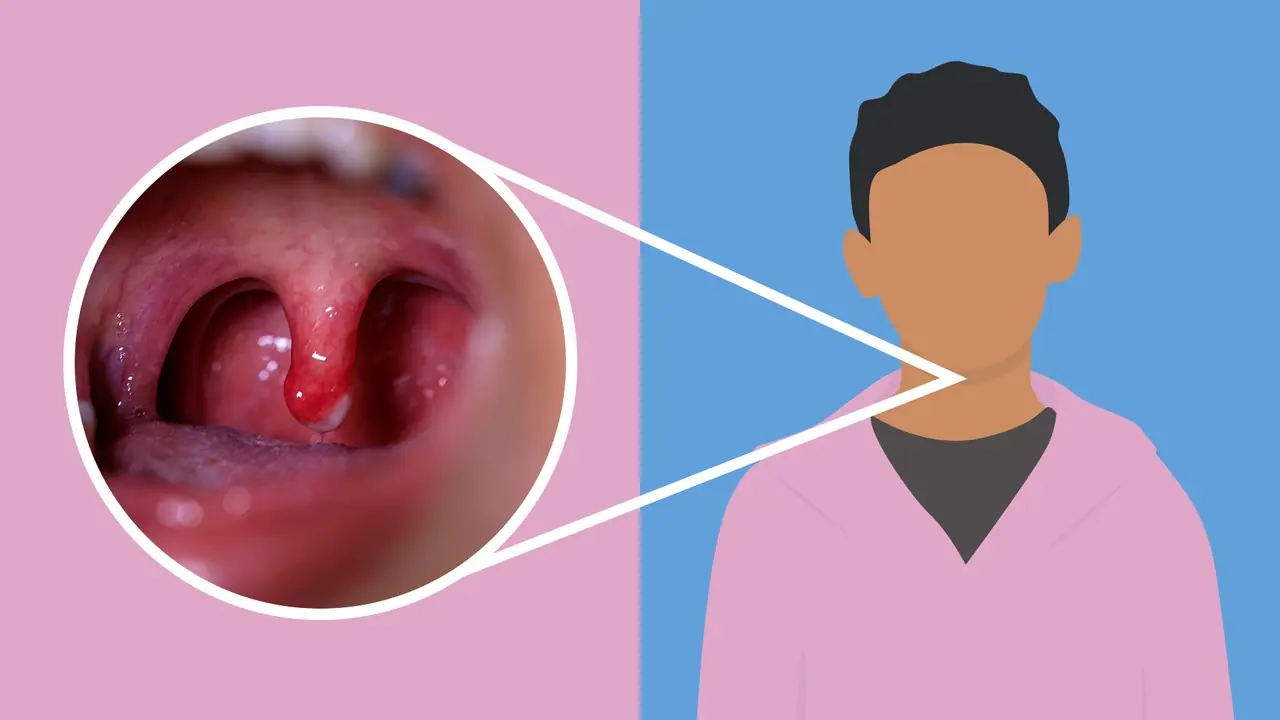
Get Rid of Throat Mucus Faster With These Highly Effective Natural Remedies

EAR PAIN EXPLAINED Causes, Relief & When to See a Doctor

Men Over 60: Chew This for 60 Seconds to Boost Energy & Confidence

How to Lose Weight with Cucumber! Simple & Quick Morning Recipe

5 Deficiencies Almost Everyone Has (But Doesn’t Know About)

Scientifically Proven Health Benefits of Papaya (Fruit) and Uses for the Seeds

Scientifically Proven Health Benefits of Extra Virgin Olive Oil

Sharp Pain in Ear: Causes, Treatments, and When to See a Doctor
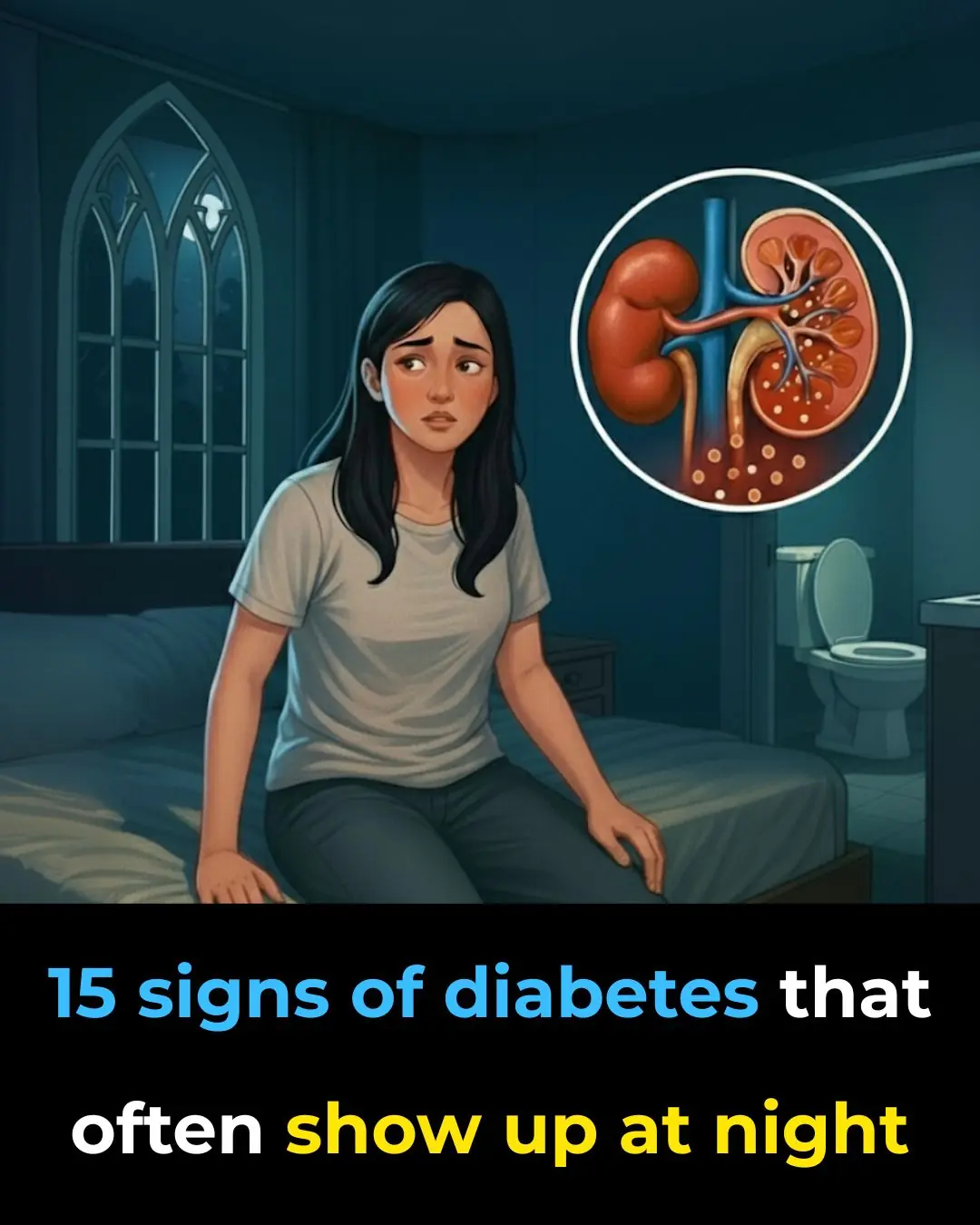
15 Nighttime Signs of Diabetes You Shouldn’t Ignore

Side effect of stopping omeprazole as NHS issues warning over use

Proven Health Benefits of Banana and Banana Peel Based on Science

Worrying health reality of what it means if you leave skids in the toilet
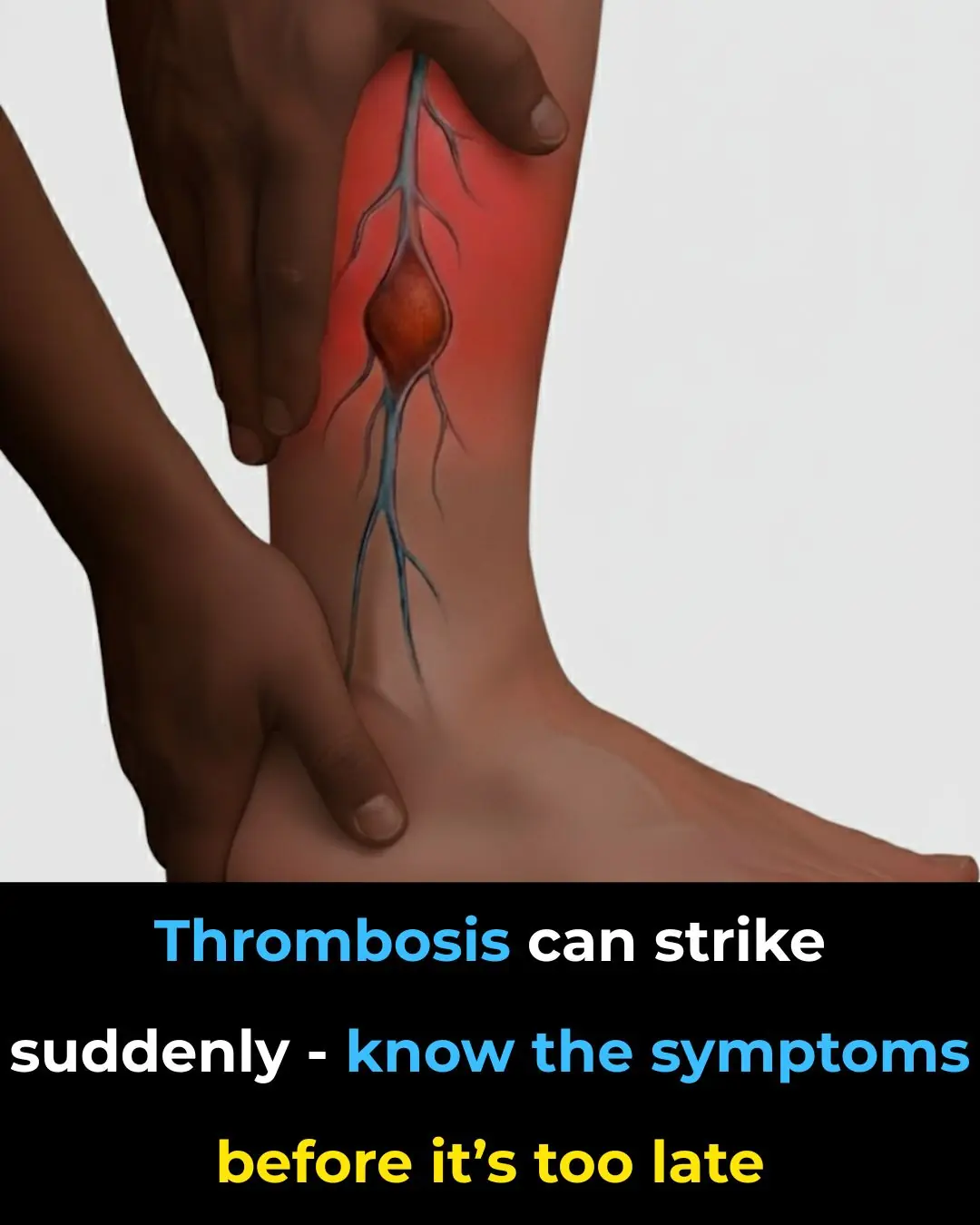
Blood Clot in Leg: Signs and Symptoms You Shouldn’t Ignore (Pictures Included)
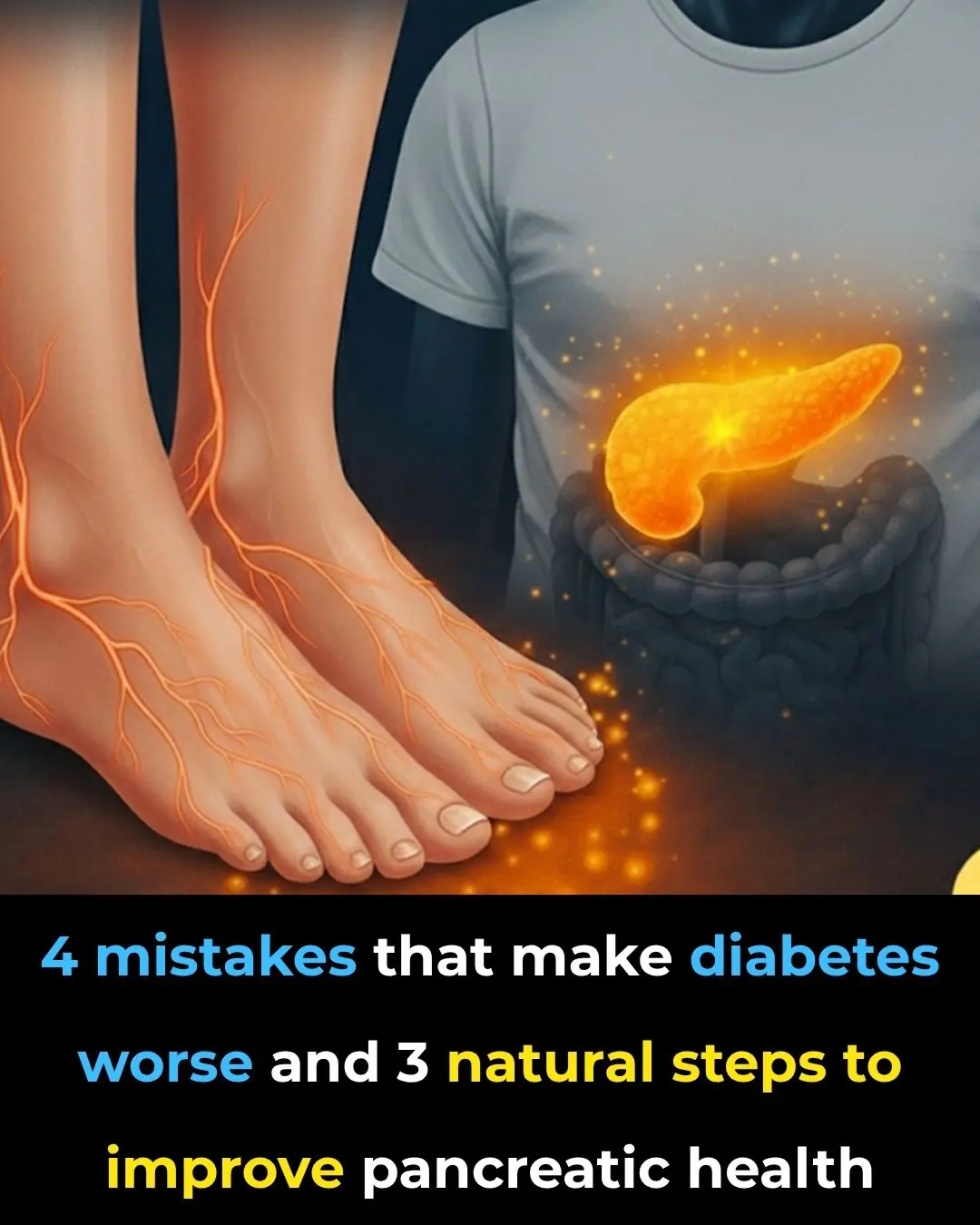
4 diabetes mistakes you MUST avoid + 3 Secrets to naturally regenerate your pancreas!

#1 best way to reverse & slow dementia
News Post

Aloe Vera and Cinnamon Remedy: Natural Benefits for Eye Health, Immunity, and Healing
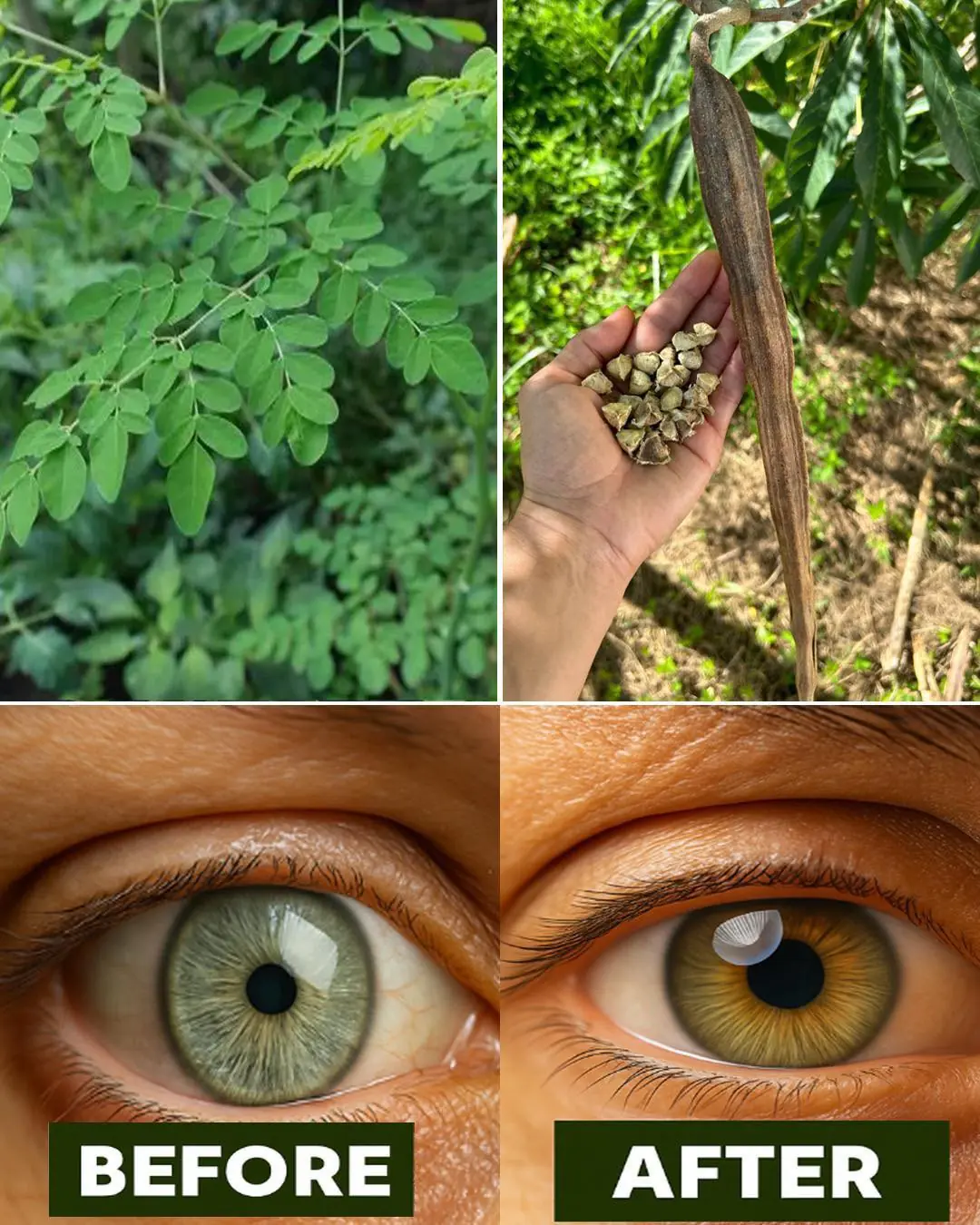
12 Powerful Benefits of Moringa Seeds

Goldenberries (Physalis peruviana): A Nutrient-Packed Powerhouse for Health and Vision

Oregano: The Golden Herb for Eye Health

Some of the Benefits of Castor Leaves and the Seed
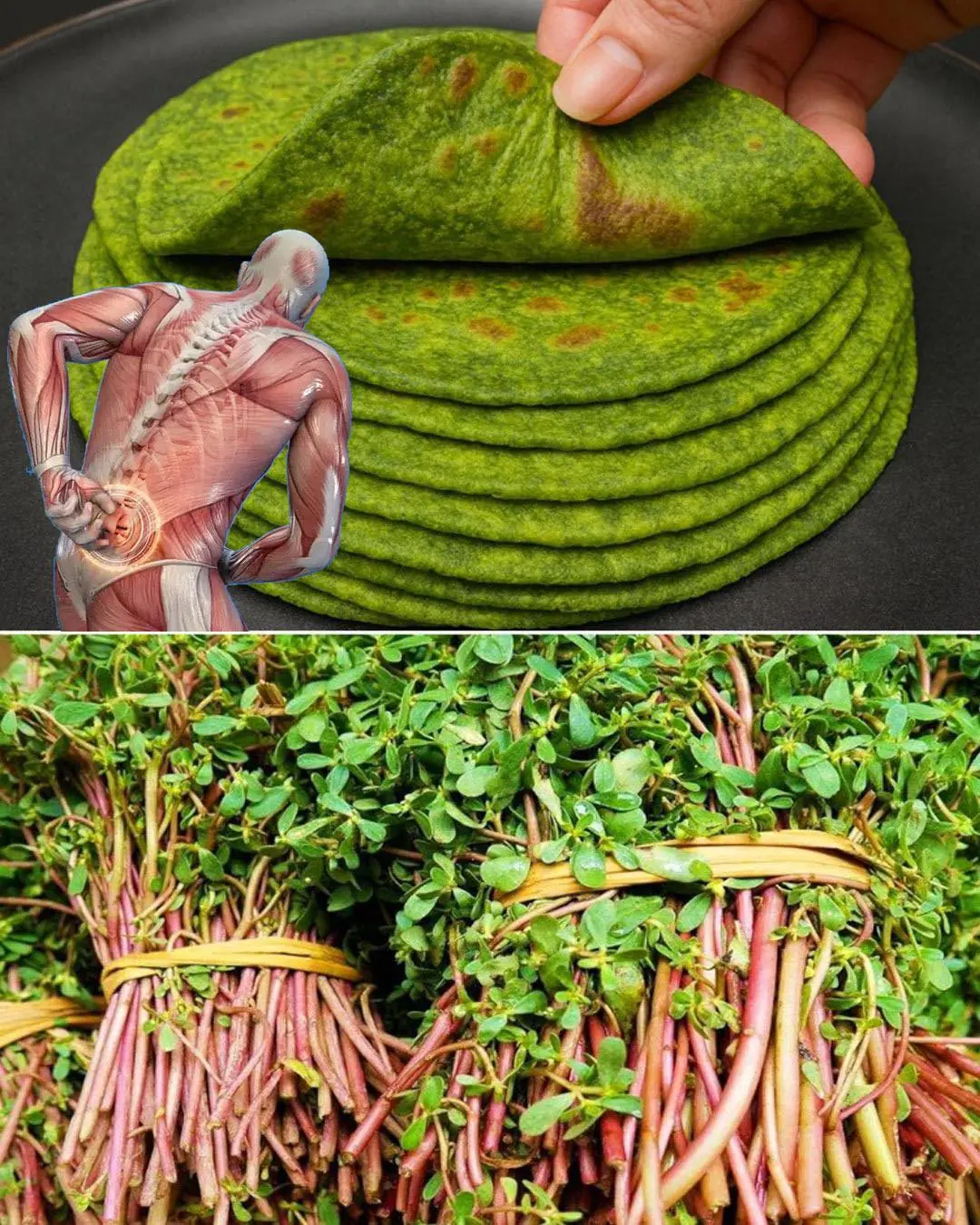
10 Benefits and uses of purslane
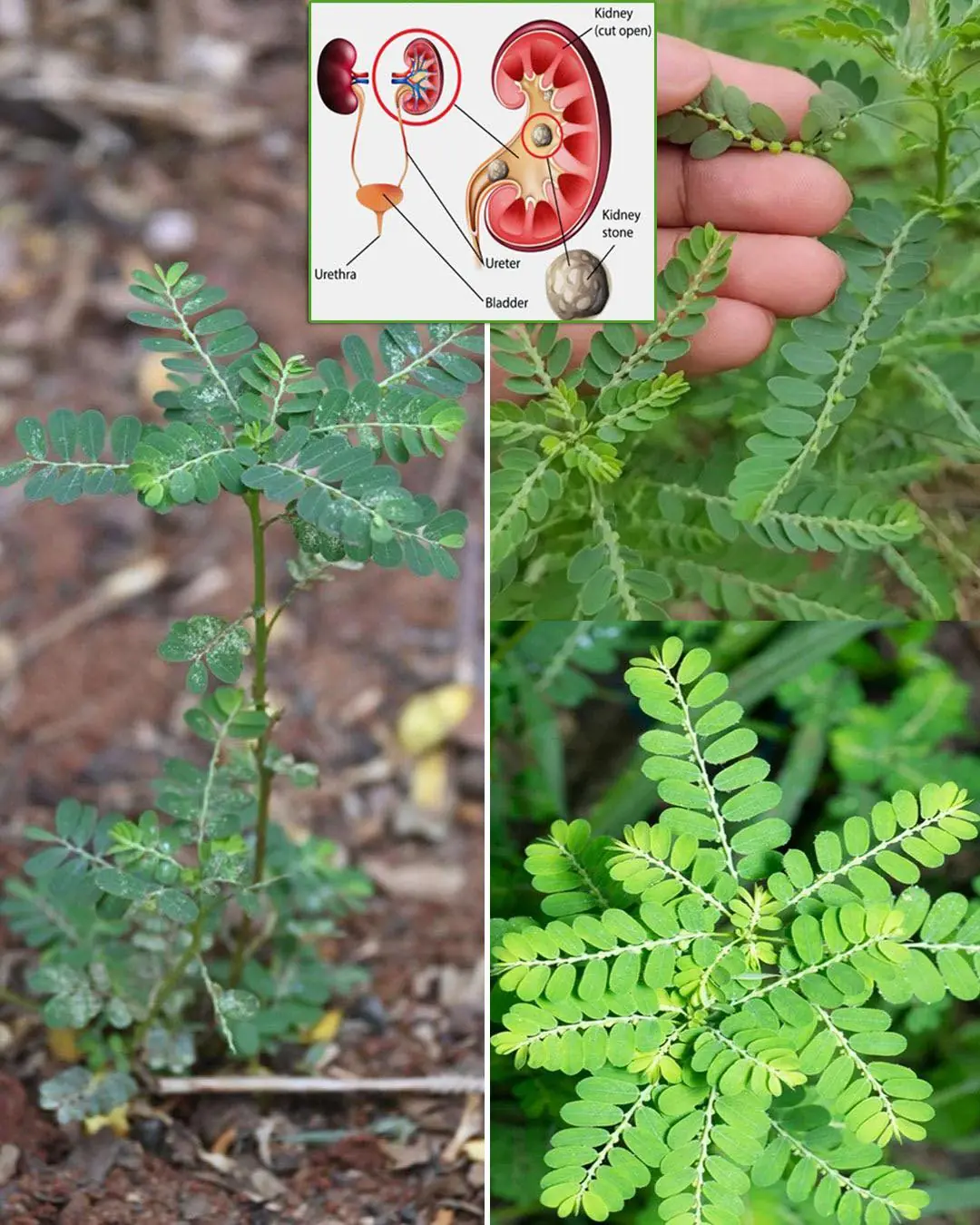
Chanca Piedra (Stonebreaker): Benefits and Uses
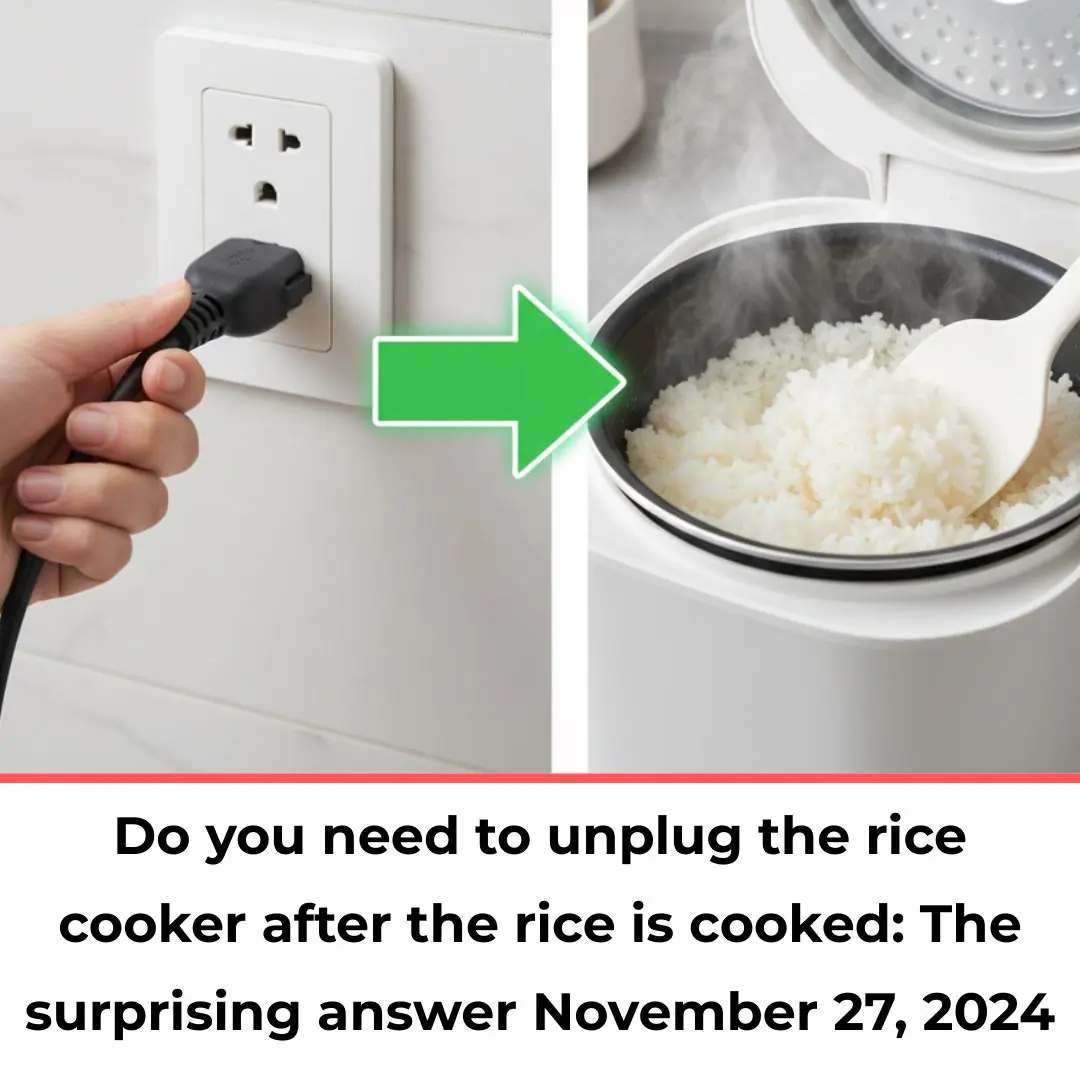
Do you need to unplug the rice cooker after the rice is cooked: The surprising answer November 27, 2024
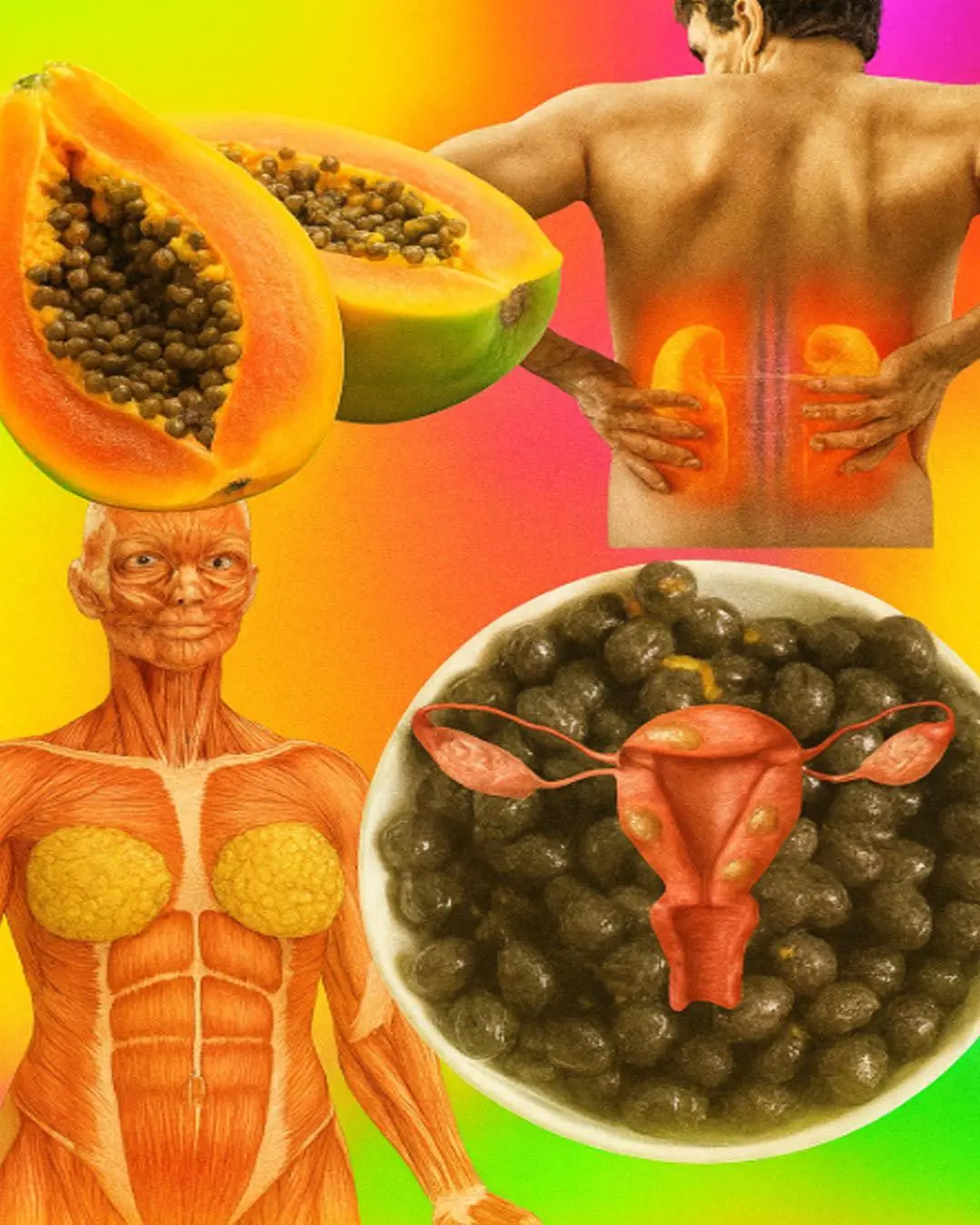
7 Benefits Of Papaya Seeds & How To Consume Them Correctly

Bougainvillea likes to 'eat' this the most, bury it at the base once and the flowers will bloom all over the branches

The elders say: "If you put these 3 things on top of the refrigerator, no matter how much wealth you have, it will all be gone." What are these 3 things?

Can rice left in a rice cooker overnight be eaten? Many people are surprised to know the answer.

After boiling the chicken, do not take it out immediately onto a plate. Do one more thing to make sure the chicken is crispy, the meat is firm, and the skin does not fall apart when cut.

Cut this fruit into small pieces and put it in the pot to boil the duck: The bad smell is gone, the meat is fragrant, soft and flavorful.

Warts on Hands: Causes and Effective Natural Treatments

Medicinal Health Benefits of Turmeric, Curcumin and Turmeric Tea Based on Science

4 ways to preserve green onions for a whole month without spoiling, fresh as new

The best way to lower blood pressure fast!

9 Habits You Need To Adopt Today To Stop Alzheimer’s or Dementia Before It Starts
